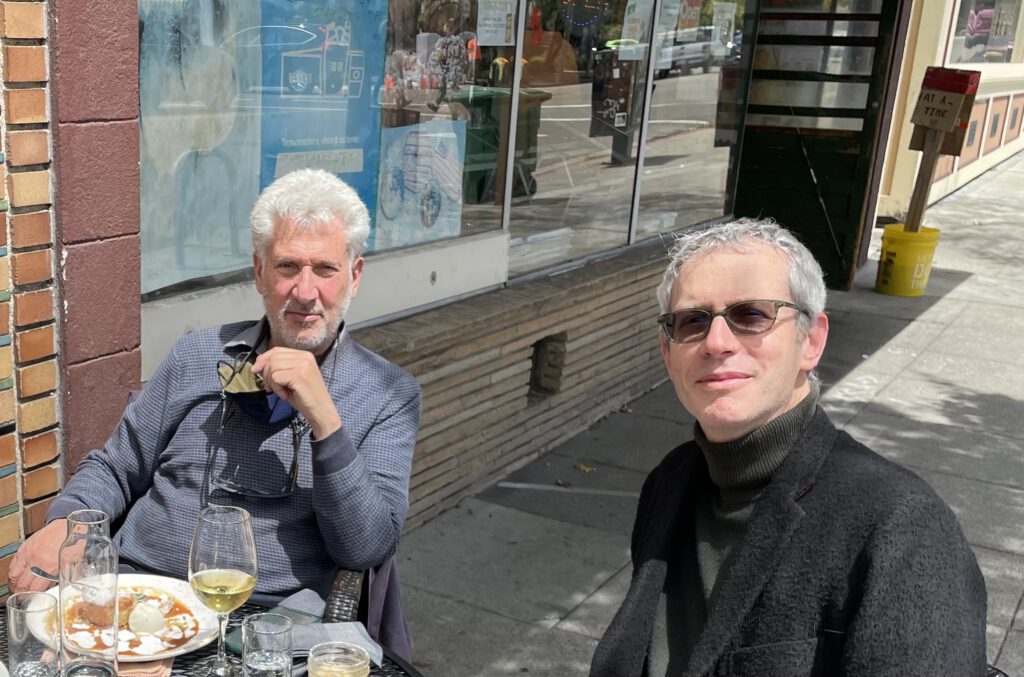Who governs European security, by what means, and on what legitimatory grounds? The conventional wisdom says that European security is still the realm of the sovereign and ‘positive state’, which monopolizes political authority and possesses the coercive capacities to provide security directly. In their special issue, Andreas Kruck and Moritz Weiss challenge this conventional wisdom and argue that, in many fields of European security policy-making, the EU and its member states should be conceived as emerging ‘regulatory security states’ (RSS). In other words, we are witnessing developments in European security that are very similar to what regulation scholars have stressed for quite some time now in the EU’s single market: namely a regulatory state that employs rules as the primary policy instrument for providing security and that draws on the epistemic authority of experts as the prevailing foundation of its authority. Even the European response to Russia’s war against Ukraine combined, to a considerable extent, rules-based governance with the reliance on experts: For example, governments turned to indirectly nudging private arms contractors into building up new production lines to sustain arms transfers to Ukraine, rather than exclusively drawing on national stockpiles of weapons and ammunition. And instead of setting up a traditional sanctions regime, economic experts pushed the EU and its member states to ban Russian banks from the SWIFT code, thereby manipulating one of the “chokepoints” of the global financial system, which is a private entity under Belgian law.
The contributions to the special issue map the emergence and presence of the RSS in Europe, covering military defense matters, such as armament policies (see the contributions by Hoeffler and Schilde) and military applications of AI (Bode & Huelss); digital security issues, such as cybersecurity (Dunn Cavelty & Smeets, Obendiek & Seidl, Sivan-Sevilla); and individual security fields, such as health security (Rimkute & Mazepus) and the protection of fundamental human rights in the Global South (Leander et al.). They show how pervasive the regulatory security state is in European security politics but also highlight important variations across issues. Beyond these mappings, the contributions explain the causes of the European RSS by analyzing the drivers of, and constraints on, the reform of security states. And they investigate the consequences of the RSS: The regulatory security state profoundly matters. But its effects are not always the desired or desirable ones. It may even have unintended and negative consequences for the effectiveness and democratic legitimacy of security policy-making – in Europe and beyond.
Together with three critical commentaries from a core state power (Genschel & Jachtenfuchs), securitization (Mügge) and risk governance (Levi-Faur) perspective, the analyses in this special issue thus advance the research programme on the regulatory state and contribute to a better understanding of security politics in Europe’s multi-level polity. Investigating the presence of the RSS in Europe and its consequential but ambivalent implications is all the more important in times when member states and the EU are struggling to muster the capacities for a strong response to Russia’s invasion of Ukraine.
Authors of the blog post are Andreas Kruck and Moritz Weiss






 Over the holiday, Berthold & Jess had every intention to spend as much time in the snow as possible, provided there is any left. There is reason to be hopeful: For the first time in a very long time, visiting a Christmas market in December in my upper Bavarian village required wearing a proper coat rather than a T-Shirt. But then came another round of Covid, and hence maybe looking at the snow will be just as fine. That’s also what Semih, the mouser-in-chief, prefers anyway. He and his buddy Valter (see picture) are ready to welcome 2023. Stay safe & take care, everyone!
Over the holiday, Berthold & Jess had every intention to spend as much time in the snow as possible, provided there is any left. There is reason to be hopeful: For the first time in a very long time, visiting a Christmas market in December in my upper Bavarian village required wearing a proper coat rather than a T-Shirt. But then came another round of Covid, and hence maybe looking at the snow will be just as fine. That’s also what Semih, the mouser-in-chief, prefers anyway. He and his buddy Valter (see picture) are ready to welcome 2023. Stay safe & take care, everyone!
 Innsbruck this year. The only thing that stands in the way of the festivities is the question about how to fit the extended family into the apartment. Once all the guests have left after the Christmas hustle and bustle, she will devote herself to Tilda’s new passion of sledging and hopefully find some time for skiing. Thus, as Berthold, she hopes for cold temperatures and lots of snow.
Innsbruck this year. The only thing that stands in the way of the festivities is the question about how to fit the extended family into the apartment. Once all the guests have left after the Christmas hustle and bustle, she will devote herself to Tilda’s new passion of sledging and hopefully find some time for skiing. Thus, as Berthold, she hopes for cold temperatures and lots of snow.



